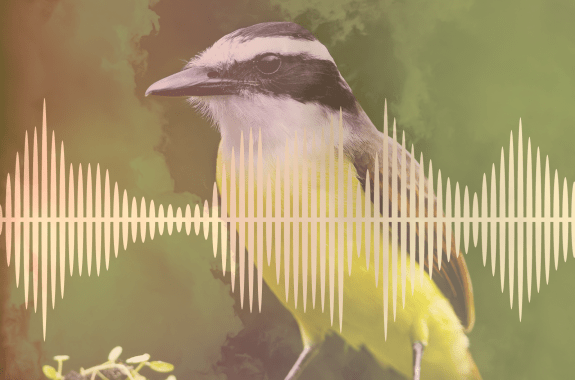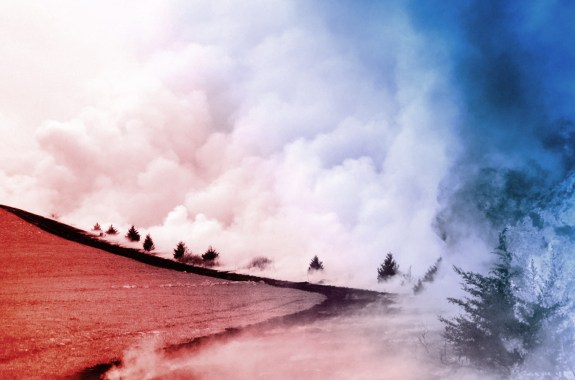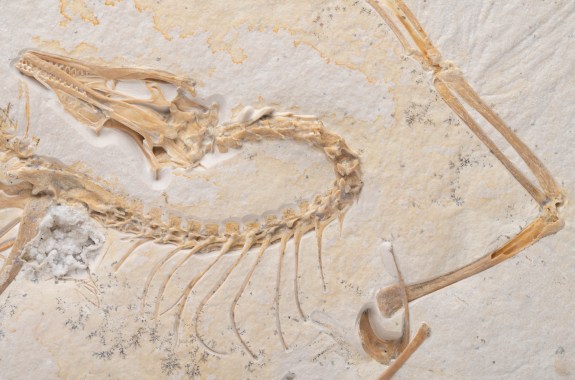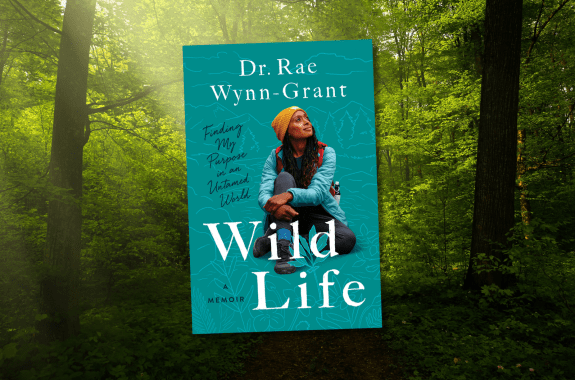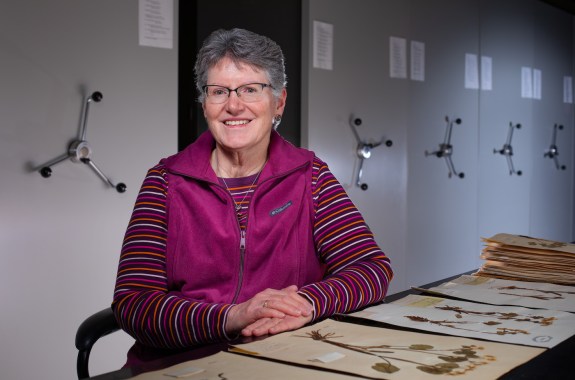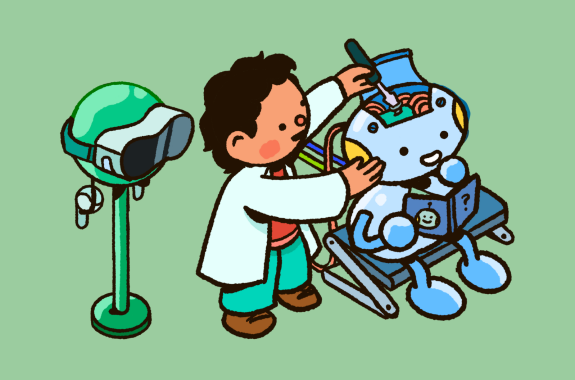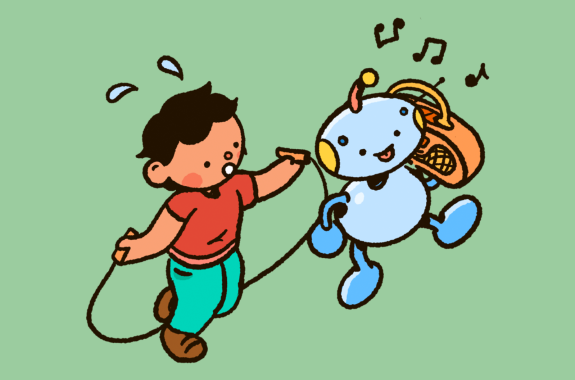17:15
Using A Lab On Wheels To Study Weed From Dispensaries
A van outfitted as a mobile laboratory helps scientists study how legal cannabis products affect users—without breaking the law.
13:51
Cuando los pájaros duermen, ¿con qué cantan?
Las aves mueven sus órganos vocales mientras duermen. Científicos de Argentina han traducido esos movimientos en un canto sintético.
12:07
Trees And Shrubs Are Burying Prairies Of The Great Plains
A “green glacier” of trees and shrubs is sliding across the region, burying some of the most threatened habitat on the planet.
12:02
Remarkably Well-Preserved Archeopteryx Specimen Unveiled
The Field Museum has unveiled a new specimen of Archaeopteryx, a species that may hold the key to how ancient dinosaurs became modern birds.
Learning To Study Black Bears In Their Natural Habitat
In “Wild Life,” Dr. Rae Wynn Grant tells the story of her first days tagging and tracking black bears for her PhD.
16:32
Inside Iowa State’s Herbarium With 700,000 Plant Specimens
The Ada Hayden Herbarium preserves hundreds of thousands of specimens, including some collected by George Washington Carver.
Silk, The Ancient Material With High-Tech Possibilities
“Silk: A World History” describes the unique qualities of silk that make it a sustainable material with a wide variety of applications.
Hackea tu cerebro: una aventura de escape y rompecabezas para niños
Desbloquea el poder del cerebro de un niño con este recurso gratis en línea de una aventura de escape, rompecabezas, y experimentos.
A Robot’s Story: Teaching Clipbot About The Human Brain
Embark on a journey with a young scientist and their curious robot as they explore the brain through exciting challenges and puzzles.
Discover How Your Brain Builds Muscle Memory
Investigate the brain’s ability to coordinate movement, develop motor skills, and create muscle memories.

